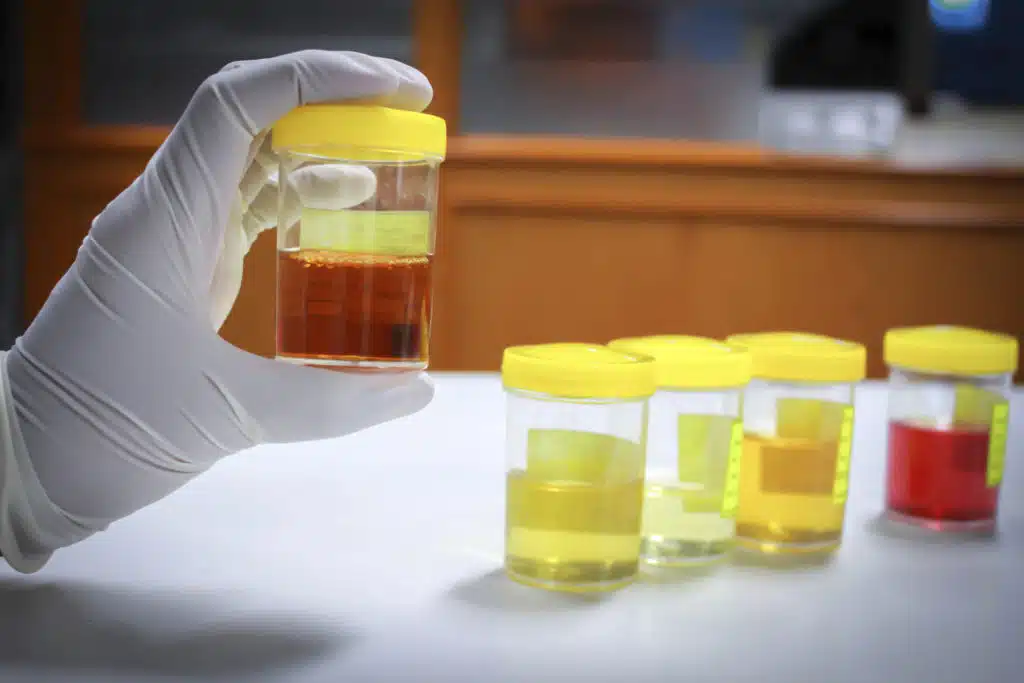A researcher at Flinders University has developed a simple urine test that gives a quantitative measure of the severity of motor neurone disease.

Stephanie Shepheard
Up until now, the search for effective treatments has been hampered by the lack of direct measurement techniques. Researchers have depended on a questionnaire that asks how well the patient can perform everyday tasks.
“I found a protein in urine that is elevated in motor neurone disease, and which increases as the disease progresses,” says researcher Stephanie Shepheard.
Working in both human and animal motor neurone disease, Stephanie identified that the protein p75NTRECD can easily be measured in urine, and provides a direct assessment of disease severity.
“This protein could allow doctors to monitor damage in motor neurone disease in a more specific way,” says Stephanie.
Every day, two Australians are diagnosed with motor neurone disease. It strikes unexpectedly, often identified only after significant damage to nerve and muscle cells has already taken place, and has no cure or effective treatment.
Muscle weakness and paralysis leads to death, often within three years of initial diagnosis.
Currently, doctors can offer support and indirect monitoring of progressive physical loss – by questionnaire and clinical assessment.
“We hope to take this further and develop a clinical tool that allows doctors to directly measure damage to affected nerve cells,” says Stephanie.
A direct test for motor neurone disease would also allow doctors to trial new treatments with higher sensitivity, which in the long term could help in developing a cure.
Contact: Stephanie Shepheard, Flinders University, 0411 437 571, stephanie.shepheard@gmail.com

Stephanie Shepheard

Stephanie Shepheard





 Fresh Science is on hold for 2022. We will be back in 2023.
Fresh Science is on hold for 2022. We will be back in 2023.